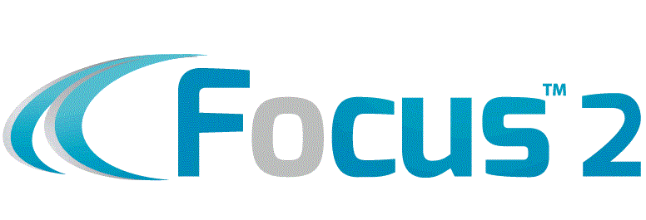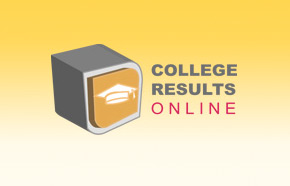Roth Conversions Could Affect College Financial Aid
Are you thinking about converting your 401k IRA to a Roth IRA. Roth IRA rules could surprise you. The Roth IRA contribution limits 2010 could severely affect your financial aid package.
Here is an article: Financial advisors are finding that clients anxious to take advantage of loosened rules on Roth IRAs aren't anticipating a possible consequence—losing financial aid for their college-age children.
"It's not just a future tax issue, you have to understand the repercussions today," says Richard Rosso, a financial advisor with Charles Schwab Corp. in Houston. "Anything that is converted and pulled out of an IRA is considered income and that will affect your financial aid.
"No matter what income bracket you're in, you're possibly putting that scholarship in jeopardy," he says.
He recently ran the numbers for a family whose daughter could've lost about 80% of her anticipated scholarship if they had rolled over $100,000 from an IRA into a Roth IRA all at once. They're now thinking about a phased conversion over the next 10 years.
Until this year, only individuals or couples filing jointly with modified adjusted gross incomes of $100,000 or less were able to convert savings from a traditional IRA to a Roth IRA. That restriction has now been lifted completely.
Growth in a Roth IRA is not taxed, so paying taxes now and moving money there can be advantageous for high earners if income tax rates rise in the future, as is widely expected. Also, owners of Roth IRAs aren't obligated to start withdrawing a certain amount of their savings when they reach age 70 1/2. That can mean more savings for late in retirement or for heirs.
But investors, even wealthy ones, often overlook the immediate impact that a rollover could have on financial aid. "Many middle-class millionaires made their money" and expect their children to pay all or part of the educations, says Rosso.
Someone earning $100,000 may be responsible for $17,000 of a child's college expenses. But if that person rolls over $100,000 into a Roth, the higher income could increase the expected parent contribution to $48,000, says Rosso.
Schools use the data from the FAFSA [Free Application for Federal Student Aid] to determine loan and aid eligibility. The FAFSA number relies heavily on a family's income, and ignores the value of someone's home, small business or retirement assets, says Mark Kantrowitz.
Kantrowitz says that the Department of Education has asked colleges to take into account one-time increases in income from a rollover, but financial advisors recommend that families talk to the schools before making a decision and to let them know if they opt to open a Roth.
Some schools take into account real estate assets in their own assessment. But for those that don't, someone with a million dollar home and large 401(k) account could potentially receive more aid than a family with a higher income but far less assets.
For families that have younger children, this could be the right time for a rollover, since the impact on annual income will be over before any FAFSA filing has to be made, Jeffrey E. Daniher, a financial advisor in Cincinnati. Those assets also would have longer to grow tax-free.
J.D. says: you have to understand how the game is played and legally and ethically stack the deck in your favor. Other things to look out for are other big windfalls besides Roth conversions such as inheritance and capital gains. Seeking out professional advice could be the difference between a fat award letter or a paltry award letter.





